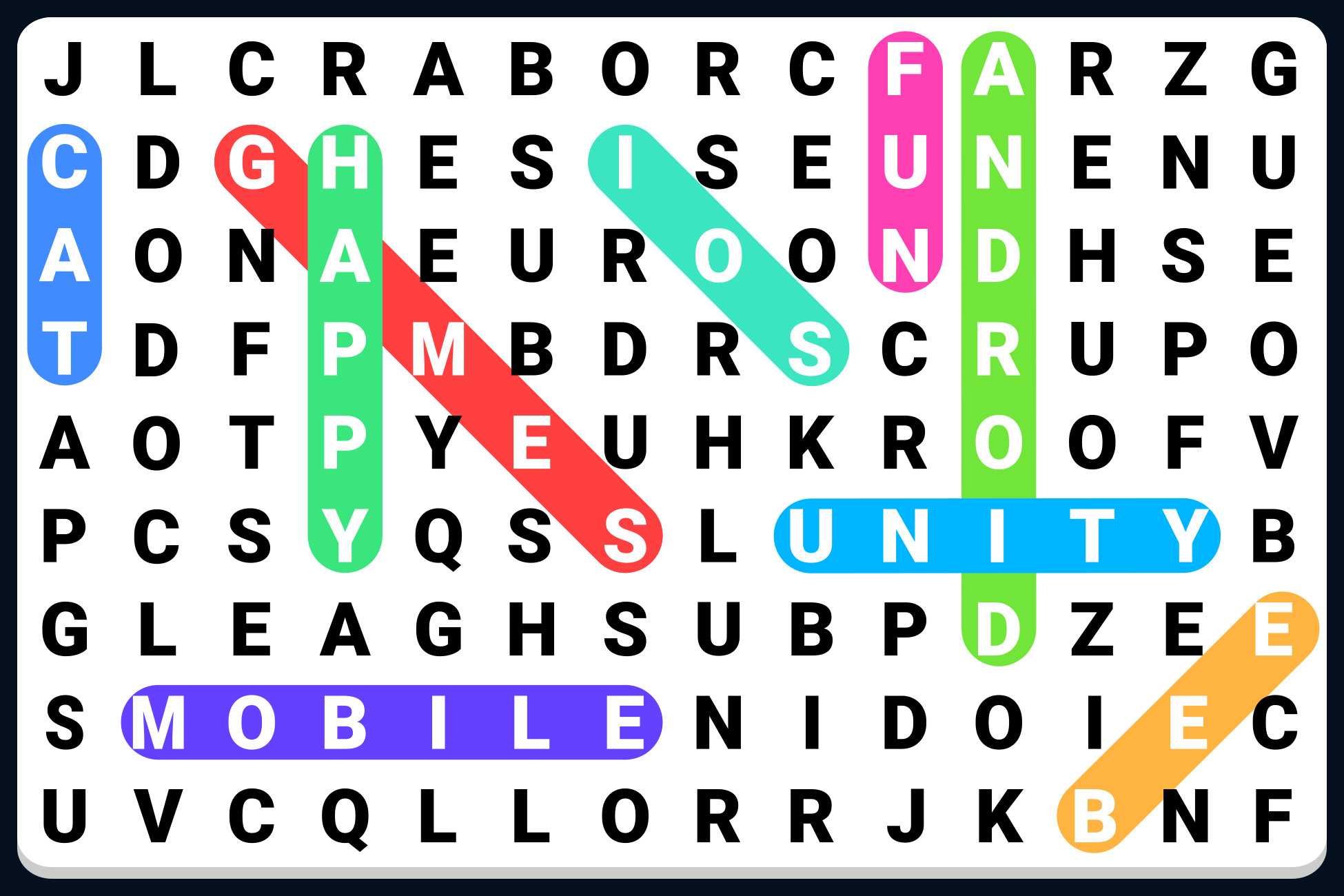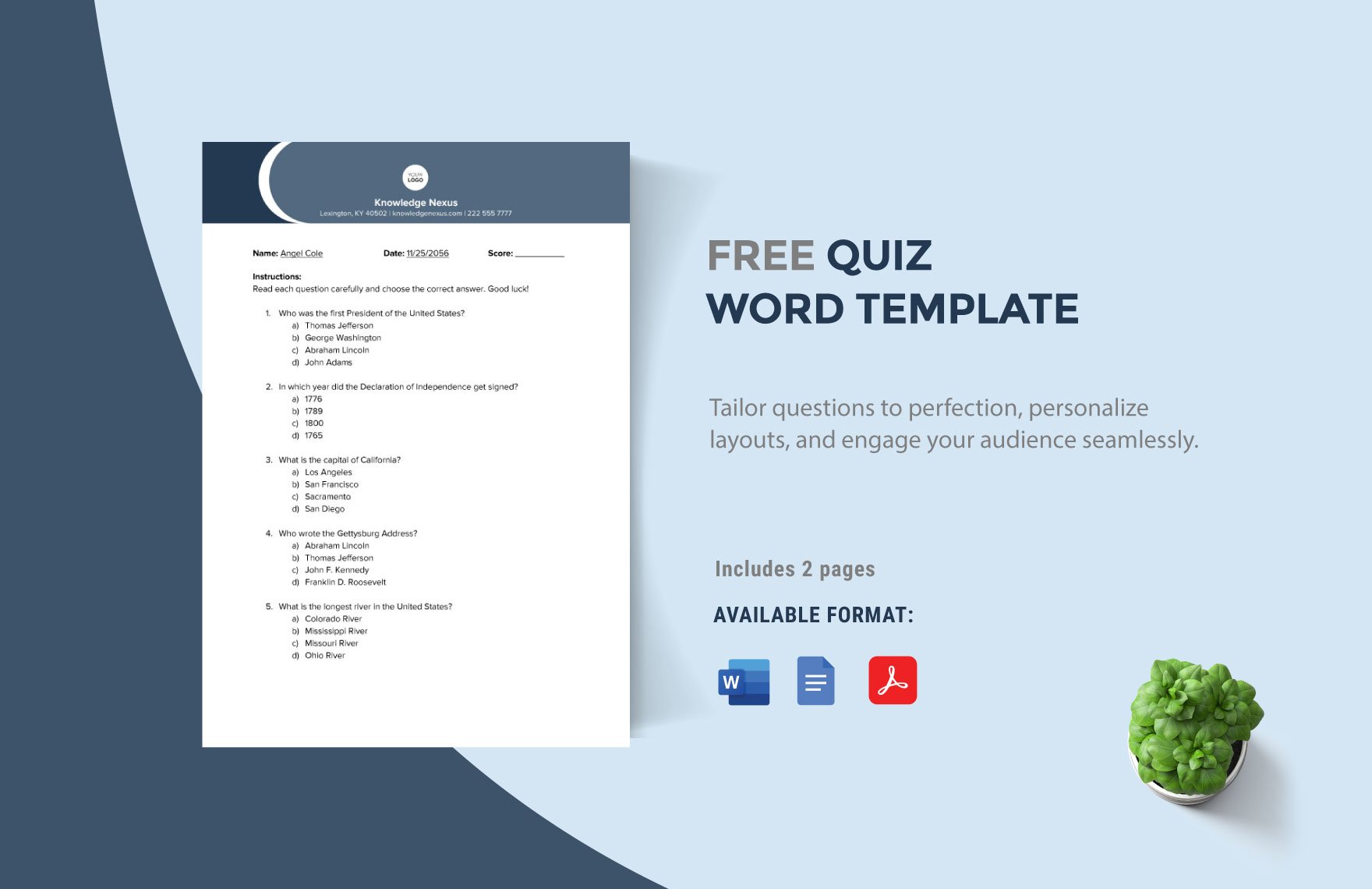Word Trivia refers to fascinating and often obscure facts about words that can surprise and delight language enthusiasts. This article will reveal 10 lesser-known Word Trivia facts, designed to pique your curiosity and deepen your appreciation for the English language.

The longest English word is often debated, with candidates like 'pneumonoultramicroscopicsilicovolcanoconiosis,' a type of lung disease. These words are rarely used in everyday conversation but showcase the complexity of the English language.
Palindromes are words that read the same backward as forward, such as 'madam' or 'racecar.' They are popular in literature and pop culture for their symmetry and cleverness.
Homophones are words that sound the same but have different meanings, like 'to,' 'too,' and 'two.' They add a layer of complexity and humor to the language.
The sequence of letters in a word can sometimes influence its meaning. For example, 'listen' and 'silent' contain the same letters but convey different ideas.
Words like 'serendipity' have fascinating origins. Coined by Horace Walpole in 1754, it derives from a Persian fairy tale and has since become a staple in English vocabulary.
Longer words often convey more complex ideas, such as 'antidisestablishmentarianism,' while shorter words like 'run' are more versatile in everyday use.
English spelling follows basic rules, but exceptions abound. For example, 'i before e except after c' is a common rule, but words like 'weird' defy it.
Many words have multiple meanings. 'Bank' can refer to a financial institution or the side of a river, illustrating the richness of English.
Abbreviations like 'ASAP' (As Soon As Possible) are widely used in professional settings to save time and space.
Puns exploit the multiple meanings of words or their sounds for humorous effect. For example, 'Time flies like an arrow; fruit flies like a banana.'

Word Trivia encompasses interesting and lesser-known facts about words, making language learning more engaging.
It enhances language skills and cultural understanding, making it both educational and entertaining.
Use mnemonic devices, repetition, and contextual learning to retain these facts effectively.
Absolutely. It expands vocabulary and improves comprehension of nuanced language use.
Books like 'The Etymologicon' and websites such as Merriam-Webster offer extensive resources for Word Trivia enthusiasts.
This article has explored 10 intriguing Word Trivia facts, from the longest English word to the humor of puns. Continue exploring the fascinating world of words to enrich your language skills.